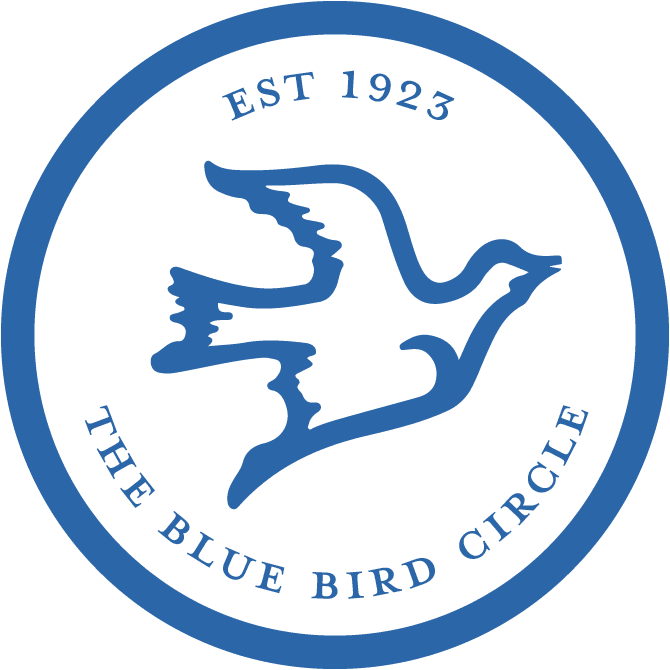The Blue Bird Circle Clinic for Pediatric Neurology, now located in Texas Children's Hospital, was founded in 1949 and is the largest pediatric neurology clinic in the United States. The Neurology Department at Texas Children's Hospital is ranked #2 in the nation according to the 2022-2023 News and World Report. The only facility of its kind in the Southwest, the clinic provides a comprehensive approach to all patients, including a thorough medical and neurological examination as well as an assessment of their emotional, educational, and social needs. It specializes in the diagnosis, treatment, and follow-up care for neurological disorders in children. With over 40,000 scheduled visits each year between this clinic and other sub-specialty clinics at Texas Children's, providers see patients with a diverse array of neurological conditions ranging from the common to the very rare.
The large team of specialists in The Blue Bird Circle Clinic cares for patients with more than 450 neurological disorders including epilepsy, multiple sclerosis, developmental delay, sleep disorders, muscular dystrophy, cerebral palsy, headaches, attention disorders, stroke, cortical malformations, and brain tumors.
The Clinic also diagnoses and treats rare disorders as Rett syndrome, Angelman syndrome, Fragile X syndrome, Batten Disease, and Prader-Willi syndrome, and participates in the National Institutes of Health (NIH) Undiagnosed Diseases Network as a clinical research site.
Satellite neurology clinics are located in Clear Lake, Sugar Land, The Woodlands, TCH West Campus, and Austin.


